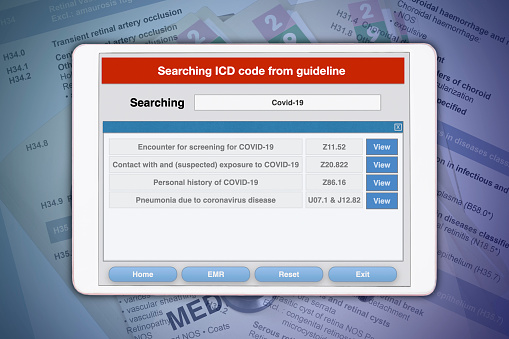Health Benefits of Carrots
Carrots are an easy, kid-friendly snack with a few calories and plenty of vitamins, minerals and antioxidants. Rich in beta-carotene, which the body converts into vitamin A to improve vision and trigger immune response, they also contain potassium, vitamin C and soluble fibre.
They also contain the natural anti-inflammatory compounds lutein and zeaxanthin, which improve eye health. However, eating too many carrots can cause your skin to turn orange, a condition called carotenemia.
1. Lowers Cholesterol Levels
Carrots have an extremely rich nutrient profile and are packed with beta-carotene, Vitamin A, Vitamin C, fiber, potassium and more. They also help regulate blood sugar levels and promote weight loss.
The vibrant colors of carrots come from powerful antioxidant pigments called carotenoids. Purple carrots contain the antioxidant lutein, and red carrots are high in lycopene, which may lower your risk of heart disease and cancer.
Eating a cup of raw carrots can be a great simple snack, especially when dipped in hummus or guacamole. The fat in these dips increases your body’s ability to absorb the carrots’ carotenoid content. Cooking carrots (or eating them in a salad) also makes the vegetables more digestible. Carrots are a good source of both soluble and insoluble fiber, which can aid digestion and promote feelings of fullness.
2. Boosts Immune System
Carrots are a powerhouse of nutrients that boost the immune system and keep infections away. They are rich in vitamins, minerals and antioxidants that protect the body from temporary illnesses as well as serious chronic diseases.
The carrot is one of the best natural sources of beta-carotene, which the body converts into vitamin A. The vitamin helps the immune system fight free radical damage, harmful bacteria and viruses that may cause infection.
Another important nutrient found in carrots is vitamin C, which plays a critical role in the functioning of immune cells and prevents inflammation. The vegetable also contains potassium, which helps regulate blood pressure and supports muscle and nerve function. The root vegetable also provides dietary fiber, which acts as a digestive system brush by fighting constipation and promoting better digestion of immune-boosting nutrients.
3. Boosts Bone Health
Carrots provide a healthy dose of Vitamin C, an antioxidant that supports your immune system. Vitamin C is also an essential nutrient that helps heal wounds and boosts skin health.
They are rich in calcium, which helps strengthen bones, and contain 9% of your daily requirement for Vitamin K. They also have a good amount of potassium, which relaxes blood vessels and lowers blood pressure.
One medium carrot has just 52 calories, making them a healthier alternative to chips or pita bread for snacking. Try them dipped in hummus or enjoy as a crunchy addition to a soup, stew or salad. Carrots are also a staple in Indian dishes like gajar ka halva, made by steaming grated carrots with milk and sugar. The carrots are then rolled in walnuts for a delicious winter treat!
4. Reduces Risk of Cancer
Carrots are rich in cancer-fighting phytochemicals, and their orange color is a sign that they contain beta-carotene, which our bodies convert into Vitamin A. They’re also a good source of fiber, which helps prevent chronic disease and keeps us regular. Purple carrots are a source of anthocyanins, red ones are rich in lycopene, and yellow carrots have plenty of luteolin.
Eating two to three cups of veggies a day is recommended, and carrots should be included in that mix. You can dunk them in hummus or dip them in cottage cheese for a healthy snack, or roast them in the oven with salt and olive oil.
The cancer-fighting properties of carrots are largely due to their vitamins, minerals, and antioxidants. They’re the latest addition to AICR’s Foods That Fight Cancer list.
5. Boosts Eye Health
The carrot is rich in Vitamin A, an antioxidant that is essential for good eye health. A lack of this nutrient is one of the leading causes of preventable blindness worldwide. It’s also an excellent source of lutein and zeaxanthin, which help to prevent age-related macular degeneration and cataracts.
Carrots’ bright orange color comes from the beta-carotene that our bodies turn into Vitamin A. This nutrient helps maintain healthy eyes and vision, and it may also protect against night blindness, which is often caused by Vitamin A deficiency.
Although no food is a miracle cure, and eating a bushel of carrots won’t help you see in the dark, it’s worth adding this healthy vegetable to your diet. It can boost your eyesight along with other healthy habits like wearing sunglasses, limiting screen time and avoiding smoking.



